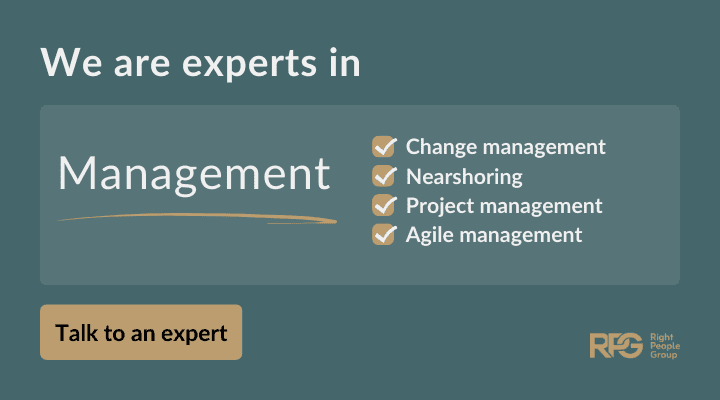How saying no to projects can boost your business
Saying no to projects and customers might seem like a poor way of boosting your business, but give it a second thought: if you only spent time on working for your good customers, would your annual income not be higher and your profile sharper? And, after all, a sharp profile is crucial for landing the right and valuable projects going forward.
As a contractor or consultant, you are probably used to making great efforts to sell yourself and your services to old and new customers. You will be happy when you receive a request, since customers are a necessity to make your small business profitable. No doubt about that. But all customers are not the same, and you do yourself a favour if you learn to spot those that are not a perfect match for your business. In other words, saying no is an ability you should have or acquire if you want to be a successful freelancer. You must set up requirements, because it is what we serve both the customers and your business best.
Practice saying No!
Here is a list of types of projects and situations where you should consider saying no:
1. Say no to time-wasters
Learn to say no to time-consuming customers and projects where you end up spending a lot of hours that you cannot invoice. It may be difficult to know in advance, but if you have some experience dealing with customers, you will probably see a pattern. Often you can already feel in the initial dialogue and bidding if the customer is of the demanding or undecided kind.
2. Say no to projects without potential for resale
Bidding, negotiation and billing take about the same time regardless if the project is small or large. Therefore, the small projects can result in a fairly low hourly wage if you take the admin time into account. If the small project is a door-opener to an interesting customer where you see the potential for a long-lasting collaboration, then look at it as an investment, but if that’s not the case, say no and use your time on finding a more lucrative project.
3. Say no to projects that do not match and improve your specialist profile
Think about it: When customers are consider hiring you, you are in competition with other experts. Your resume is your sales document and it is essential that you can demonstrate experience from relevant and current projects to be considered. If you spend too much time on projects that do not add on to your specialization, then you weaken your profile and will be having trouble landing the interesting projects in the future. Remember to think of yourself as a specialized company and use this specialization as your guideline if you are unsure if a project is right for you.
4. Say no to projects where you cannot deliver 100%
In addition, you should also remember to protect your reputation by always delivering high quality and within the deadline. Everything else is likely to have a negative impact on your business in the long run. It is important to say no if you do not actually have the necessary skills to solve a high-level task (but of course, say yes, if you by spending interest hours can acquire the necessary knowledge and thus strengthen your specialist profile). Likewise, you should say no if you do not have time in your schedule to take care of a project properly. Neither your projects, you or your family and friends, will thank you for overburdening yourself.
Being able to say no is of course, also a privilege that you only have, if you are able to find enough high-quality projects to keep your business running. A good way to achieve this luxury is to have a good pipeline of potential projects. You can start by signing up to our project newsletter to make sure you will always be informed when we publish a project that matches your profile and geography.
Make sure you have the choice of saying no - receive more projects!Need an expert consultant?
Get highly specialized IT and business consultants with deep technical and professional knowledge. We offer flexible solutions for both individual consultants and complete teams.
17+
years experience in the IT- and business consulting industry.
50+
dedicated employees
500+
consultants on assignments
15.000+
pre-screened consultants
Find consultants
Services
About us
Copyright © 2025 Right People Group. All rights reserved.


